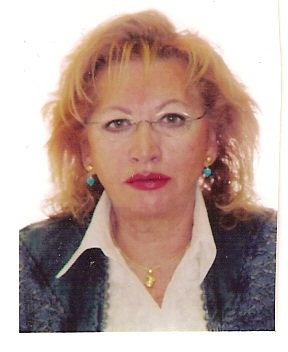African Leader Hires Adviser and Seeks an Image Change
By CELIA W. DUGGER
CAPE TOWN — The president of Equatorial Guinea, who has ruled the oil-rich West African nation for three decades, sought Monday to recast his reputation as a corrupt, repressive leader in a more progressive mold.
Standing at his side to help him do that was the American lobbyist he has hired for $1 million a year: Lanny J. Davis, who served as a special counsel to President Bill Clinton.
In a speech here, the president, Teodoro Obiang Nguema Mbasogo, said he would carry out reforms over the coming decade to ensure that his country’s oil revenues would be used to benefit its impoverished people. He also promised to invite the International Red Cross to look into accusations of human rights violations in Equatorial Guinea.
When he submitted to a brief, rare questioning by journalists, Mr. Obiang denied that large amounts of his country’s oil wealth had been stashed in bank accounts abroad and defended his long rule, saying, “My country is democratic.”
Mr. Obiang seized power in a coup in 1979. He won elections in 1996, 2002 and 2009 with at least 95 percent of the vote, and Mr. Davis said he had advised Mr. Obiang that his huge margins of victory had made critics skeptical of the country’s democracy.
“I’ve kidded him he’d do better to win by 51 percent than 98 percent,” Mr. Davis said.
Mr. Obiang’s appearance came after two recent public setbacks for him. In April, the Extractive Industries Transparency Initiative, an alliance of governments, civil society groups and companies that sets standards for the disclosure of revenues from oil, gas and mining, excluded Equatorial Guinea for failing to meet its requirements. And this month, the executive board of Unesco put off awarding a new international prize for scientific achievement after an outcry that the award had been financed by Mr. Obiang and named for him.
Mr. Obiang’s address on Monday, at a conference sponsored by Time, Fortune and CNN, drew sharp criticism from one of the participants who appeared on the stage where he had spoken. Mary Robinson, former president of Ireland and former United Nations high commissioner for human rights, said it was inappropriate that Mr. Obiang was given a platform at an event celebrating Africa’s progress and the critical importance of honest leadership for the continent.
“I felt it was a contradiction in terms to have him here,” she said.
Richard Stengel, managing editor of Time magazine, defended the decision to invite Mr. Obiang. “We made him agree to take questions from the press, which he hasn’t done,” Mr. Stengel said. “My job as head of a journalistic organization is not to forbid people but to make them reckon with the press and the public.”
In his speech, Mr. Obiang said his country would increase spending on education, health and other social programs and strengthen the rule of law and freedom of the press.
“I am sure many of you who have criticized us in the past for whatever reason will retain your skepticism,” he said. “Here I have not tried to say that all is well in Equatorial Guinea, but simply present what is available and what we aspire to achieve.”
Mr. Davis said he agreed to represent Mr. Obiang after meeting him in February in Equatorial Guinea, which has close ties to the American oil industry. “He said, ‘I want to turn to the United States and make my country to be like the United States in its values, its democracy.’ ”
Mr. Davis said he advised Mr. Obiang that he would need to follow promises of reform with action — and invite journalists and civic groups to verify progress.
After Mr. Obiang left, a journalist asked Mr. Davis what would happen now to political prisoners. He replied, “If there are political prisoners and no substantive charges against them, they will be freed.”
Fuente: The New York Times
